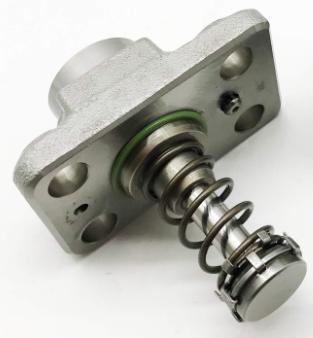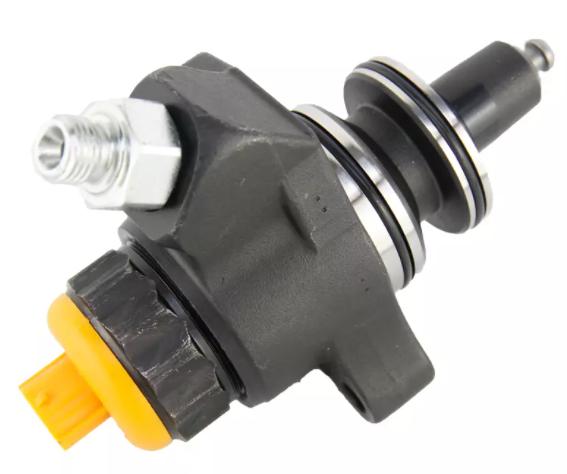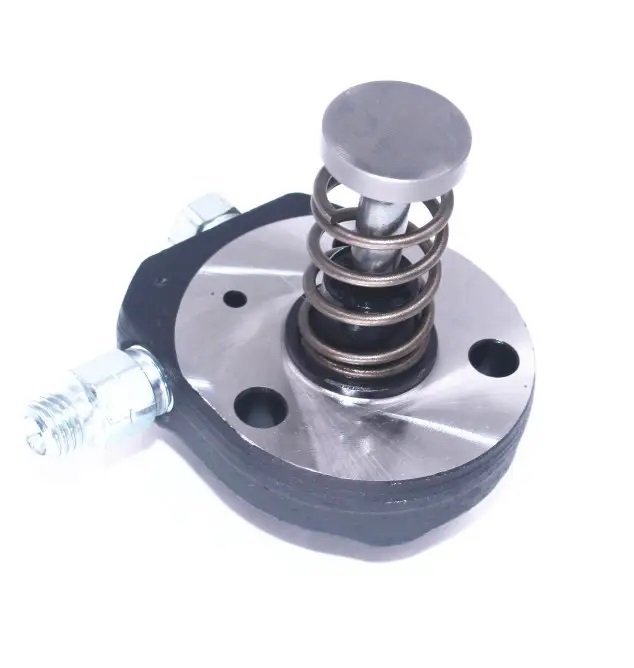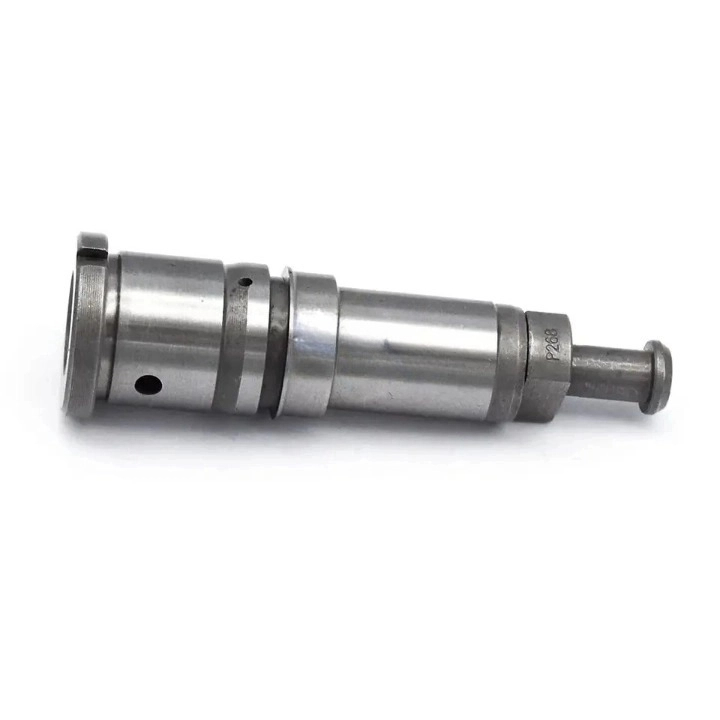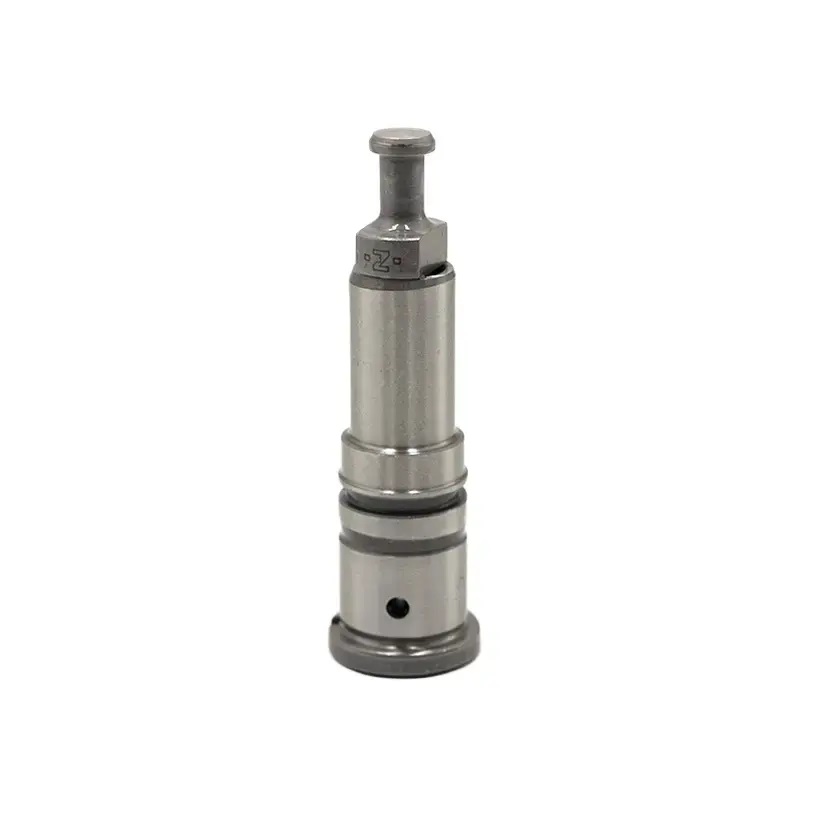Made in China Fuel Injection Pump Plunger A722 Pump Elements Engine Accessories
products description
| Reference. Codes | A722 |
| OE/OEM Codes | / |
| Application | / |
| MOQ | 5 PCS |
| Certification | ISO9001 |
| Place of Origin | China |
| Packaging | Neutral packing |
| Quality Control | 100% tested before shipment |
| Lead time | 7~15 working days |
| Payment | T/T, Paypal, Western Union or as your requirement |
Investigation on the Influence of Ultra-Precision Grinding Processes on Plunger Surface Quality and Fit Accuracy
Abstract:
The surface quality and dimensional accuracy of plungers are critical factors affecting the sealing performance, volumetric efficiency, and service life of high-pressure fuel pumps. To meet the stringent precision and durability requirements of modern diesel injection systems, this study investigates the influence of ultra-precision grinding process parameters on the surface integrity and fit accuracy of plunger–barrel assemblies.
A series of controlled grinding experiments were carried out using cubic boron nitride (CBN) and diamond wheels under varying grinding speeds (30–80 m/s), feed rates (0.1–0.5 mm/min), and coolant flow conditions. The resulting surface topography was characterized by white-light interferometry, SEM, and 3D profilometry to evaluate roughness (Ra, Rz), residual stress, and microstructural alterations. Simultaneously, the fit clearance and roundness deviation between the plunger and barrel were measured with nanometer-level precision to assess dimensional accuracy.
Results indicate that surface roughness decreases exponentially with increasing grinding speed, reaching Ra values below 0.05 μm under optimized conditions. However, excessive wheel speed or feed pressure leads to thermal softening and microcrack formation, which deteriorate fatigue resistance. The study further reveals that maintaining a balanced coolant flow rate of 20–25 L/min effectively suppresses grinding burns and improves both residual compressive stress and tribological stability.
The statistical analysis establishes empirical relationships between process parameters and key quality indices:
Ra=k1v−0.45f0.32,ΔD=k2Tg+k3v−0.28
where
Ra is the surface roughness,
v is wheel speed,
f is feed rate, and
Tg is grinding temperature. Optimized grinding conditions significantly improve the fit precision, reducing leakage risk and enhancing the sealing consistency of the plunger–barrel pair.
This research provides a scientific foundation for optimizing ultra-precision grinding processes in the manufacturing of high-pressure pump plungers. The established process–quality model offers theoretical guidance for achieving micro-scale surface accuracy and stable hydraulic performance in next-generation diesel injection systems.


















